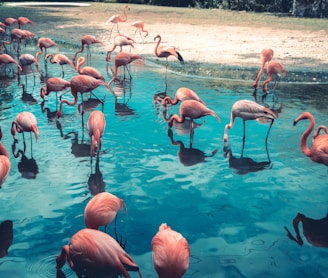The problem
Food waste is a significant global problem that has far-reaching environmental, economic, and social impacts. According to the Food and Agriculture Organization of the United Nations, around one-third of all food produced for human consumption is lost or wasted every year. This amounts to approximately 1.3 billion tons of food, or roughly one-third of the world's food supply.
The environmental impacts of food waste are significant. When food is wasted, all of the resources that went into producing it - including water, land, energy, and labor - are wasted as well. This leads to increased greenhouse gas emissions, as well as other environmental impacts such as soil degradation, deforestation, and water pollution. In fact, food waste is responsible for around 8% of global greenhouse gas emissions, making it a significant contributor to climate change.
The economic impacts of food waste are also substantial. When food is wasted, farmers, processors, and distributors lose money on the production and transport of the food. Consumers also lose money on the food they purchase but do not eat. In addition, food waste can lead to higher food prices, as producers and retailers seek to recoup their losses by charging more for food.


Flamingo inspiration
The flamingo, with its distinctive pink plumage and graceful appearance, may seem like an unlikely ally in the fight against food waste. However, these birds have a unique approach to food consumption that offers a valuable lesson in sustainability.
Flamingos are filter feeders, meaning that they consume algae, small crustaceans, and other tiny organisms by filtering them out of water using their specialized beaks. This method allows them to extract maximum nutrition from their food while minimizing waste. In fact, flamingos are able to extract up to 85% of the nutrients from their food, compared to just 20% for most other birds.
The flamingo's approach to food consumption offers important lessons for humans. By being mindful of how we consume and dispose of food, we can reduce waste and maximize the nutritional value of what we eat. This can include buying only what we need, using up leftovers, and composting food scraps.


